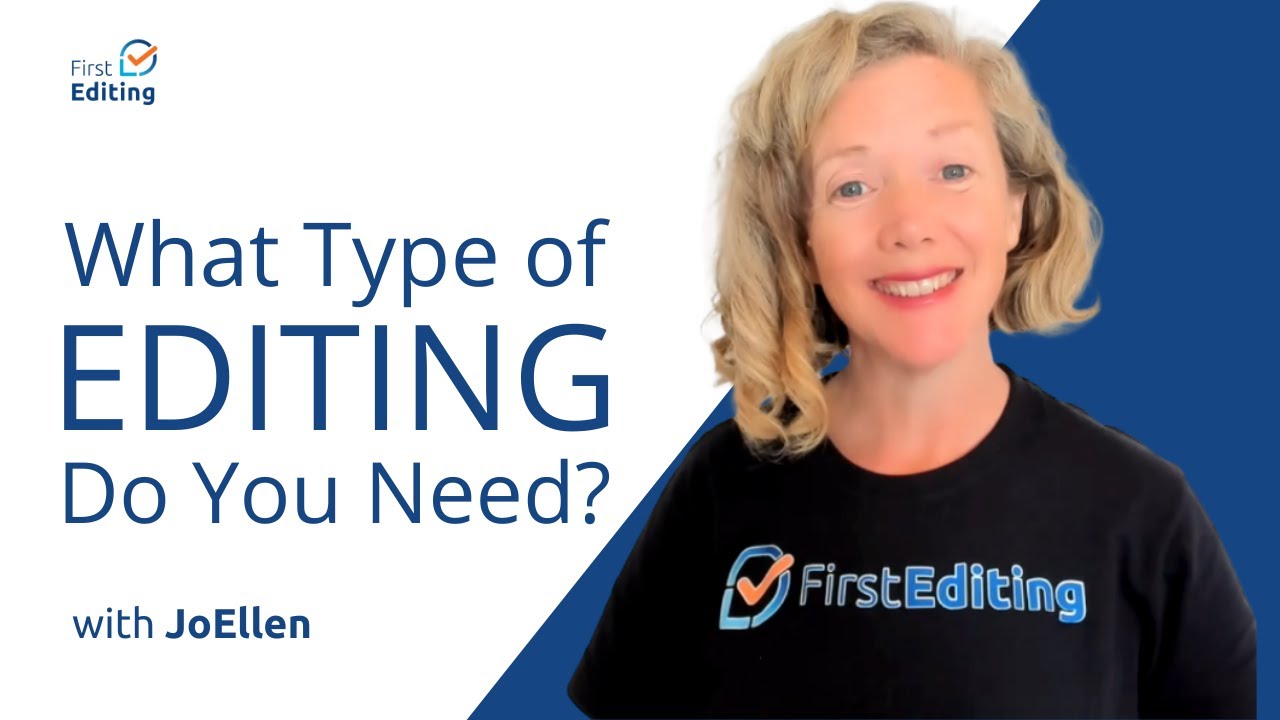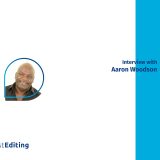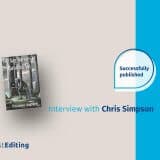

Across the world, artificial intelligence (AI) services are beginning to replace jobs that humans have typically performed. This has led to unease in some quarters and even strike action, but also led to cost savings and increased efficiency.
But in editing, is it the same thing? It’s certain that AI technology is here to stay and is already changing the publishing industry, so it’s good to understand it and keep ahead of the curve.
Let’s have a look at the key differences and the pros and cons of AI services.
Introduction to the rise of AI
AI has continued to evolve and improve over the years and is constantly able to tackle more complex tasks. As it has done so, its impact on traditional work areas also grows. This doesn’t mean it has to be viewed negatively though or that embracing this technology will lead to the type of apocalyptic scenario as illustrated in the sci-fi cinematic epic Terminator.
While editors may be worried it may reduce their role in the industry, there are also ways editors can jump on board with the new technology to make sure they are utilizing its benefits and making their work easier.
Book editing with AI
AI has begun to change how books are edited, and more businesses are now using this technology to automate certain parts of the editing or writing process. This saves time for authors and editors, who may then have more time for other parts of the process, such as focusing on the storyline or character elements.
AI vs human editing
Both AI and human editing have their pros and cons. While AI still can’t replace human elements like intuition and creativity in the editing process, it also serves a useful purpose in factors such as accuracy, quality control, automated formatting, picking up errors, increased efficiency, and cost-effective solutions.
Similarly, while human editors can offer more advice on structure and content and critical thinking, they may miss syntax errors for grammar and punctuation.
It is therefore good to understand where each process excels, and for authors to utilize the different services available where they can.
Pros of AI
There are many benefits to AI editing, largely to catch things that the human eye can miss. For example, AI book editing can eliminate typos and grammatical errors, catch errors in sentence structure or dialogue, detect plagiarism, do automated fact-checking, format manuscripts, and ensure consistency in all elements of style and tone.
AI -powered tools are very fast and largely inexpensive. There are services now that can read books and deliver some critique within minutes. They can offer feedback on story structure and identify issues in the plot and characterization. For editors, they can also increase the speed and efficiency by which they perform tasks that were once very labor-intensive.
Advantages of human editing
Despite its many advantages, AI can’t quite catch the creativity and originality of human input. A human eye is more capable of understanding the context of the text and any subtleties of human language employed, or its emotional content.
Because of this, companies that only offer AI services may fall a bit short if relying solely on this. There is nothing that beats the touch of a professional editor, and the valuable support they can provide authors.
RELATED READ: Everything You Need to Know About Content Editing [2023]
Cons of AI editing
Purists out there might find it hard to surrender their document to a completely automated service, and there is definitely a risk that automation could lead to lower quality books that lack creativity, diversity, and unique ideas, along with the emotion, tone, and subtleties mentioned above.
Therefore, perhaps the decision about whether to incorporate AI into your book may hinge on how much automation is needed. And a complete surrender to this process may result in your AI-technology not being able to replicate what a human editor brings to the editing table—perception, judgment, context, emotion, and real person advice.
We’ve all grown to despair when we call helplines and find ourselves going around in circles on the answering service. For a labor of love like a novel, this would be very disheartening.
But there is also a possibility that those that don’t jump aboard the AI bandwagon risk getting left behind.
RELATED READ: Why our editing services are exactly what you need
Conclusion
Using AI also can save authors and editors a lot of time, freeing them up to concentrate on the more creative process of writing or organization of the text.
AI has and will continue to revolutionize the publishing industry and provide valuable tools for multiple projects. As more writers choose AI, there is no doubt the overall quality of published books will improve and AI will become more integrated into the publishing industry. No doubt the technology itself will also improve.
It doesn’t seem that AI will ever replace editors who will always be a valuable tool in the editing and publishing process. However, neither the editor nor the writer should be afraid to try the new technology and see how it can aid in the process. It is a tool, not a replacement. There is no need to feel threatened.











